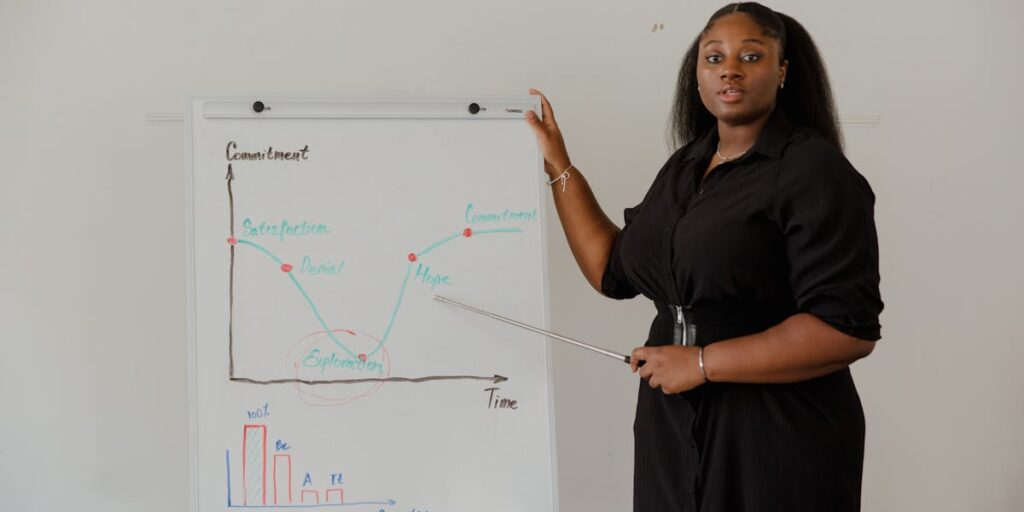What is Power? Discuss the Sources of Power
Power is a central concept in sociology, defined as the ability of individuals or groups to achieve their goals, influence others, and shape social structures, even in the face of resistance. It permeates every aspect of social life, from interpersonal relationships to institutional dynamics and global politics. Understanding the sources of power is critical for analyzing social inequalities, conflict, and change.
—
Defining Power
Max Weber’s Definition:
– Power is the ability of an individual or group to impose their will on others, even against resistance. For Weber, power is tied to social status, authority, and economic control.
Michel Foucault’s Perspective:
– Foucault redefined power as a decentralized and pervasive force that operates through discourse, knowledge, and societal norms. Power is not only repressive but also productive, shaping behaviors and identities.
Power in Everyday Life:
– Power can manifest in various forms, from overt coercion to subtle persuasion. It exists in relationships, institutions, and cultural practices.
—
Sources of Power
The sources of power can be broadly categorized into several key areas:
1. Economic Power:
– Control over resources, wealth, and capital is a primary source of power in society. Economic power enables individuals or groups to influence decisions, policies, and social hierarchies.
– Example: Corporations exert economic power by shaping markets, influencing consumer behavior, and lobbying for favorable policies.
2. Political Power:
– Derived from the control of political institutions, laws, and governance. Political leaders and governments exercise power through decision-making and policy implementation.
– Example: Governments can enforce laws, regulate economies, and maintain order using both legitimate and coercive means.
3. Social and Cultural Power:
– Based on the ability to shape norms, values, and ideologies. Cultural institutions like media, education, and religion play a crucial role in disseminating ideas that sustain power structures.
– Example: Media conglomerates influence public opinion by controlling narratives and shaping perceptions.
4. Coercive Power:
– Involves the use of force or threats to compel compliance. This type of power is often associated with military or police forces.
– Example: Authoritarian regimes often rely on coercive power to suppress dissent and maintain control.
5. Knowledge and Expertise:
– Knowledge is a powerful resource that can legitimize authority and influence decision-making. Foucault emphasized the role of knowledge in producing and sustaining power.
– Example: Experts in fields like medicine, technology, or law wield significant power due to their specialized knowledge.
6. Charismatic Power:
– Based on personal appeal, charisma, or leadership qualities that inspire loyalty and admiration. Max Weber identified charisma as one of the three types of legitimate authority (traditional, legal-rational, and charismatic).
– Example: Figures like Mahatma Gandhi and Martin Luther King Jr. exercised charismatic power to mobilize social movements.
7. Relational and Network Power:
– Power is also derived from social relationships and networks. Individuals with extensive connections can leverage their relationships to achieve goals.
– Example: Social media influencers use their networks to shape consumer behavior and public opinion.
—
Interplay Between Sources of Power
These sources of power are often interconnected. For instance:
– Economic power can translate into political power through campaign financing and lobbying.
– Knowledge and expertise are frequently used to legitimize political or economic power.
—
Theories of Power
1. Pluralist Perspective:
– Power is distributed among various groups, ensuring that no single entity dominates decision-making.
– Critics argue that pluralism underestimates the concentration of power among elites.
2. Elite Theory:
– Suggests that a small group of elites holds disproportionate power, often at the expense of the broader population.
– Example: C. Wright Mills’ concept of the “power elite” highlights how economic, political, and military leaders dominate society.
3. Marxist Perspective:
– Power is rooted in economic structures, with the ruling class using their control over resources to dominate and exploit the working class.
– Example: The capitalist system perpetuates class inequality by concentrating power in the hands of a few.
4. Feminist Perspective:
– Focuses on the ways power operates within gender hierarchies. Feminists examine how patriarchal structures sustain male dominance and marginalize women.
—
Critiques of Power
1. Neglect of Resistance:
– Early theories of power focused on domination but often overlooked how individuals and groups resist and challenge power structures.
2. Overemphasis on Coercion:
– Power is not solely about coercion or control; it can also be collaborative and empowering.
3. Complexity of Modern Power:
– In contemporary societies, power operates in more diffuse and subtle ways, making it harder to analyze using traditional frameworks.
—
Conclusion
Power is a multifaceted concept that shapes every aspect of social life. Its sources—economic, political, cultural, and relational—are deeply interwoven, creating complex dynamics that sustain or challenge social hierarchies. Understanding these sources and their interplay is essential for analyzing social structures, addressing inequalities, and promoting transformative change. By integrating perspectives from Weber, Marx, Foucault, and feminist thinkers, sociologists continue to unravel the intricate workings of power in society.





